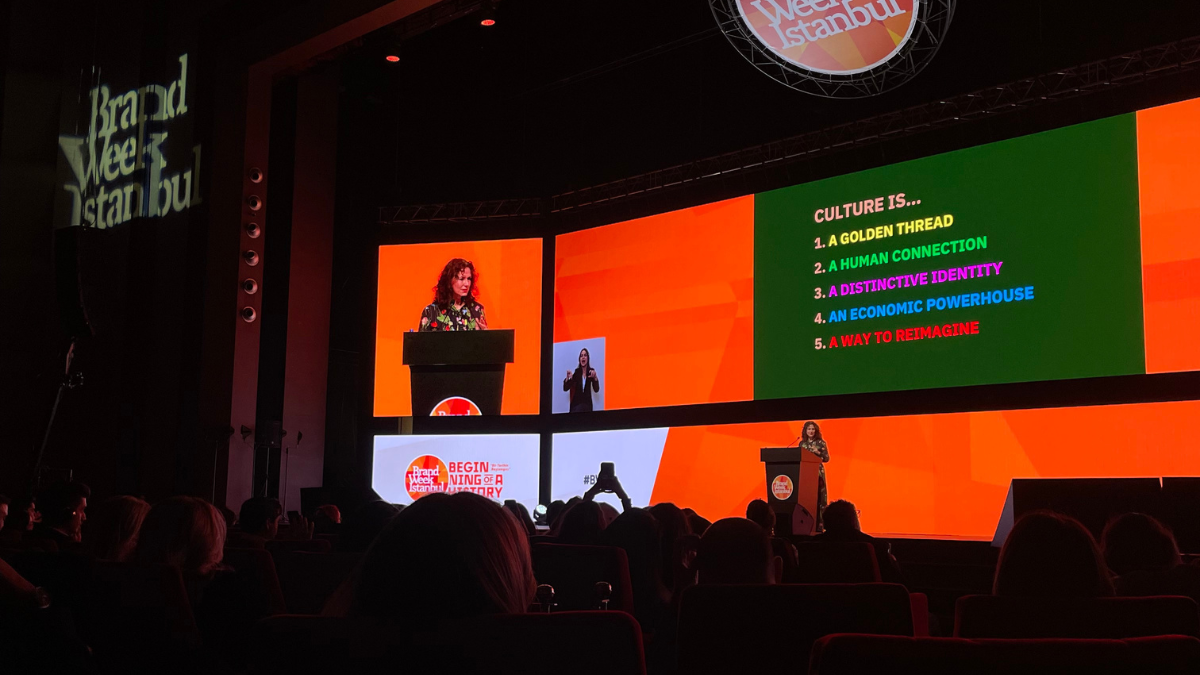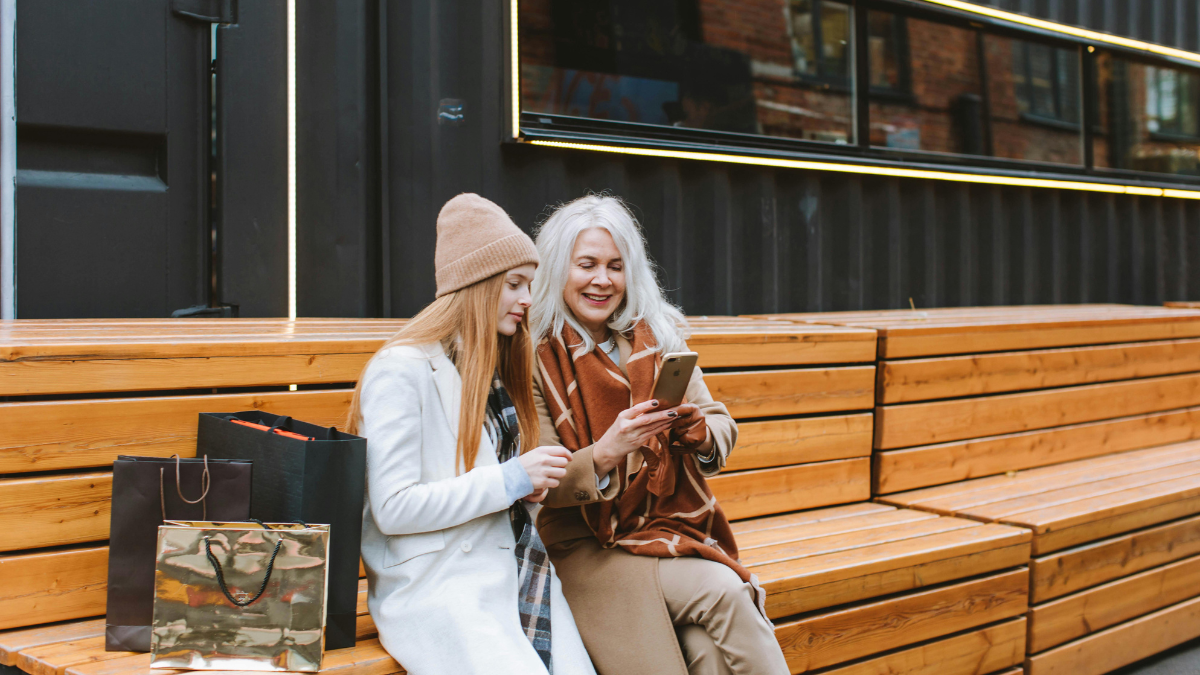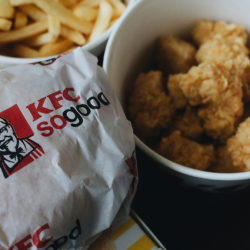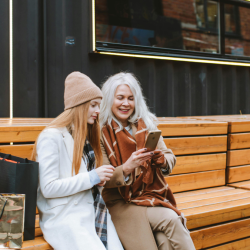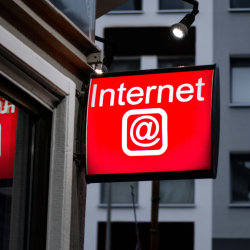The British high street has seen better days…
14 stores a day closed their doors in 2023 according to PWC and the Local Data Company. Boarded up shop fronts, declining footfall, and a shift towards digital-first retail strategies have led many to declare the death of the traditional brick-and-mortar model. But change is afoot. As the retail landscape continues to evolve, a surprising new ally joins the battle to revive the high street: influencers. Long associated with boosting online sales, influencer impact has now been found to extend beyond the smartphone and into the physical world, helping brands rebuild a dynamic retail ecosystem.
The death of the UK high street
To understand the opportunities influencers present, we first need to confront the grim reality of the UK high street. According to the ONS, the relentless shift towards ecommerce has seen more than one in four UK retail sales happen online during 2023. Traditional high streets, once the heart of local communities, have suffered enormously under the weight of this digital shift. The decline of in-store shopping has been hastened by rising rents, operational costs, business rates, and the aftermath of the Covid-19 pandemic, fuelling changes in consumer behaviour. As of the start of 2024, vacancy rates for retail properties across the UK reached 14%, a staggering statistic highlighting the severity of the crisis. However, a retail resurrection is brewing. As online sales growth tapers off and the cost of customer acquisition in the digital space skyrockets, some major retailers are reconsidering their digital-first strategies in favour of an omni-channel approach. A high-profile example is Nike, which recently saw its stock price drop by 20% to a four-year low due to slowing online sales and higher-than-expected inventory levels. This toppling of an industry titan shows one thing: the future of retail may not lie solely in ecommerce, but in a hybrid model that blends digital and physical experiences.
Building back brick-by-brick
For many retailers, brick-and-mortar stores are becoming a key differentiator in an increasingly crowded online shopping landscape. Physical stores provide opportunities for immersive brand experiences that can’t be replicated online, and these interactions help drive customer loyalty. Omni-channel customers, who interact with a brand both online and offline, spend up to 30% more than those who shop exclusively online or in-store.
With rising digital marketing costs and increasing competition in ecommerce, global brands are looking for a different way to bolster sales and raise margins. Enter influencers, a group who have long been linked to driving online sales but are now seeing their impact go from hands-on phones to feet in-store.
Influencing the crowd
The growth of the influencer economy has been one of the most significant developments in retail marketing over the last decade. Initially seen as a tool for brand awareness and online engagement, influencers are now recognised for their potential to impact in-store sales. According to our own data, 70% of the total ROI from influencer engagement is found in-store, rather than online. This marks a turning point in how retailers approach influencer marketing, especially in the UK, where physical retail is fighting to remain relevant. In our experience, brands that have shifted their influencer strategies to include in-store promotion have seen a measurable impact.
Our data suggests that when optimised with omni-channel metrics, influencer campaigns demonstrated a positive ROI of 60%, a clear indication that influencers’ reach extends far beyond the digital realm. The key to this is measurement, you can’t track what you can’t see and an omni-channel view is needed to trace the footsteps into stores.
A maturing market
The influencer economy has grown from its nascent stages of sponsored posts and product giveaways to a mature marketing channel capable of delivering strong ROI. UK influencer marketing spend is expected to reach $1.17bn in 2024, fuelled by brands recognising the value on offer and cementing long-term partnerships. The maturity of this market also means better tools and metrics are now available to measure an influencer’s impact across all touchpoints.
Adding true omni-channel metrics overhauls how influencer campaigns are evaluated. Brands can now track online conversions, foot traffic, in-store purchases, and brand loyalty driven by influencer-led promotions. This level of insight is a game-changer for retailers seeking to justify their investment in influencers and physical stores.
Influencers have evolved from simply promoting products to curating entire brand experiences, further deepening their value in a retail environment. Their unique ability to blend storytelling, personalisation, and community building makes them well-suited to omni-channel strategies, where online and offline customer journeys are equally important. Beyond driving sales, influencers can create a sense of loyalty and belonging by engaging directly with their followers, while increasing brand visibility through authentic and relatable content. The ability to adapt their content for in-store promotions and retail events adds a true sense of engagement where traditional advertising sometimes fails.
The future of the high street: influencers as a pillar
The UK high street is not dead — it’s changing. In an era where customer experience is paramount, influencers offer a unique way to bridge the gap between digital and physical retail. Using influencers to drive foot traffic and in-store engagement, retailers can create a hybrid shopping model that plays to the strengths of both online and offline commerce. In short, raising the tide to benefit all ships.
The high street’s future may well depend on how effectively retailers integrate these digital creators into their omni-channel strategies. With the right metrics in place, brands will realise how influencers can drive sales and help rebuild Britain’s ailing high streets, one store front at a time.
Featured image: Gavin Allanwood / Unsplash



















